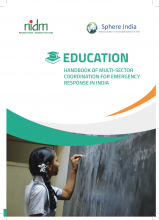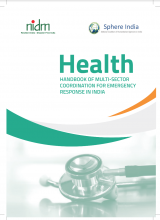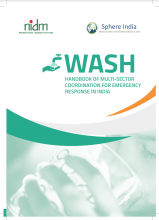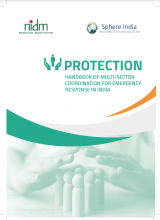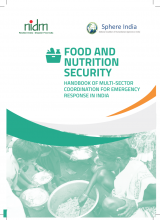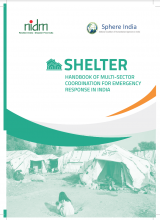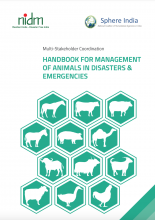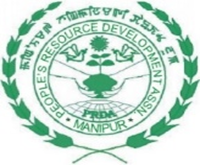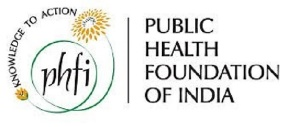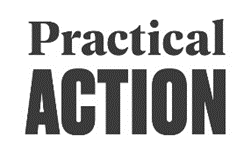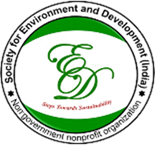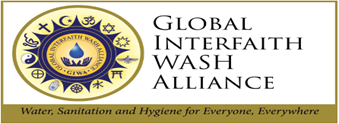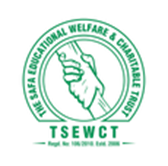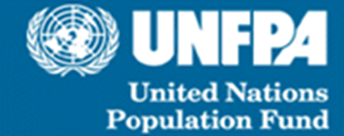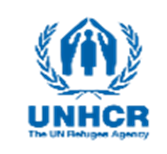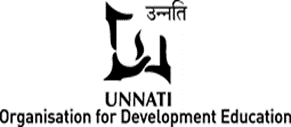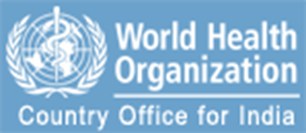Multi-Sector Coordination Handbook on Education
Climate change in the past years is worsening the scale of impact of such natural disasters with devastating effects on children, families, and communities living in the most vulnerable areas and our education systems. Continuity of learning after an emergency is crucial to fulfil the fundamental right of children to education. But above all these said problems, bringing children back to that sense of normalcy will play a critical role in helping them to overcome the psychological impact of disasters and isolation. Multi-Sector Coordination Handbook on Education is a practical guidance and advice on how different stakeholders and sector actors in education (NGOs, CSOs, UN Agencies and Government) can come together to strategize sector preparedness and response in Education in Emergencies (EiE).
Multi-Sector Coordination Handbook on Health
The health sector plays an important role in national and community-based multi-sectoral disaster risk management systems, integrating actions to reduce risk and prepare for emergencies. The health sector can also provide valuable input to local and national risk assessments through information on community health hazards such as epidemics or pandemics and vulnerabilities and capacities of the
health system at all levels. Closer links and mutual support between health and national, and community-based disaster risk management systems are needed. Multi-Sector Coordination Handbook on Health is aimed at enhancing capacities and knowledge management system for emergency preparedness and response to improve quality of humanitarian action.
Multi-Sector Coordination Handbook on WASH
WASH involves the promotion of good hygiene practices, the provision of safe drinking water and the reduction of environmental health risks which allow people to live with good health, dignity, comfort and security. Post-disasters importance of coordination is realized, wherein, supplying water and sanitation kits reduces the spread of outbreak of any disease by limiting use of contaminated water in nearby lakes or at contaminated storage area. This handbook for WASH humanitarians working in India is one step towards ensuring that said coordination efforts are supported by outlining necessary standards and protocols that can be quickly implementing in the immediate aftermath by various stakeholders.
Multi-Sector Coordination Handbook on Protection
Protection consists of strategies to reduce vulnerabilities before and after a disaster, to act with those at risk, and to increase the capacity and coping mechanisms of affected populations. Central to protection is the right of affected communities to information and to active participation in decision making, including efforts to reduce vulnerabilities, the provision of humanitarian assistance, and finding durable solutions. Multi-Sector Coordination Handbook on Protection is aimed at enhancing capacities and knowledge management system for emergency preparedness and response to improve quality of humanitarian action. It highlights key principles of humanitarian action and how coordination and joint efforts can increase the effectiveness and efficiency of interventions and promote better outcomes.
Multi-Sector Coordination Handbook on FNS
Food assistance should be delivered in a way that protects, preserves and restores the natural environment from further degradation, and highlights the impacts of cooking fuel on the environment and the importance of livelihoods strategies that do not contribute to further destruction. To achieve this, strategic partnerships with various stakeholders is needed. To meet the food and nutritional needs of the population more effectively, the planning of the food ration should be carried out with the participation of the affected community. Multi-Sector Coordination Handbook on Food & Nutrition Security is an attempt to include practical guidance and advice on how different stakeholders and sector actors (NGOs, CSOs, UN Agencies and
Indian Government) can come together to strategize on sector preparedness and response in emergencies.
Multi-Sector Coordination Handbook on Shelter
Shelter plays a vital role in large-scale disasters and is an important part of disaster response and recovery. The DDR mechanism aims at providing private and secure places for people to live who have left or lost their usual accommodations due to some form of disaster. Multi-Sector Coordination Handbook on Shelter is aimed to enhance capacities and knowledge management system for emergency preparedness and response for improving quality of humanitarian action and include practical guidance and advice on how different stakeholders and sector actors can come together to strategize sector preparedness and response in emergencies. This handbook is a resource that can be extensively used by all concerned authorities in the field of disaster risk management.
Multi-Sector Coordination Handbook on Animal Protection
Animals are an integral part of several communities that depend on them for their incomes, livelihoods, nutrition, labour, fertilisers, companions and transport. The livestock sector contributes 4.11% to the national GDP and 25.6% to the total Agricultural GDP. The Multi-Stakeholders Coordination Handbook for Animal Management in Disasters provides practical guidance and advise on how different stakeholders and sector actors (NGOs, CSOs, UN Agencies, Private Sector and Government) can come together to strategize preparedness, and response for animal management in emergencies. It highlights key principles of humanitarian action, and how coordination and joint efforts among different sector actors can increase the effectiveness and efficiency of interventions and promote better outcomes.
